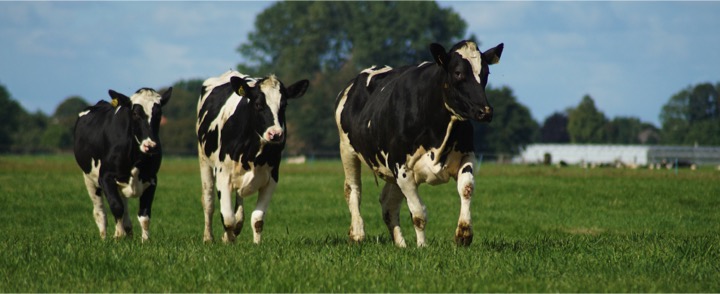Almost 10% of UK dairy producers say they are likely to stop producing milk by 2025, with smaller producers being the most impacted by the current market, according to an NFU survey.
The NFU’s 2023 Dairy Intentions Survey of almost 600 UK dairy farmers revealed that insufficient returns, volatile markets and the scale of on-farm investment required, have all played a part in why many of Britain’s dairy farmers are thinking hard about their future in the sector. The NFU is said to represent more than 46,000 farming and growing businesses in England and Wales in the UK.
A further 23% of all milk producers have said they are “unsure” if they are going to continue production beyond the next two years. According to the survey, smaller enterprises producing less than 1 million litres of milk per year are more likely to stop production before March 2025, compared to those producing higher volumes.
According to figures from the Agriculture and Horticulture Development Board (ADHB), there are currently around 7,500 dairy producers in the UK. This figure has decreased by 4.8% since last year, according to the NFU.
The findings also showed increases in input prices such as feed (84%), energy (83%) and fertiliser (74%), all said to be areas of concern.
52% of producers are stopping production due to the scale of investment required for their farms to remain compliant, such as slurry storage, a factor that is highlighted as a concern for 91% of producers when considering whether to increase production in the future.
NFU Dairy Board chair Michael Oakes, said: “With increasing global demand for British dairy, we know that the long-term future is bright for our sector. To ensure we maximise this potential, it’s imperative that government continues to work with us to ensure we have the right environmental, regulatory and trade framework in place to support the production of high quality, nutritious and sustainable food.”
New industry-wide contract regulation expected to come in later this year, as announced by the government in July, “must support fairer, more transparent and accountable supply chains,” Oaks added.
The regulations would enable farmers to challenge prices, prevent changes from being made to contracts without farmers’ agreement, and make it easier for farmers to raise concerns.
FoodBev Media UK Aug 21st 2023 by Gwen Jones

